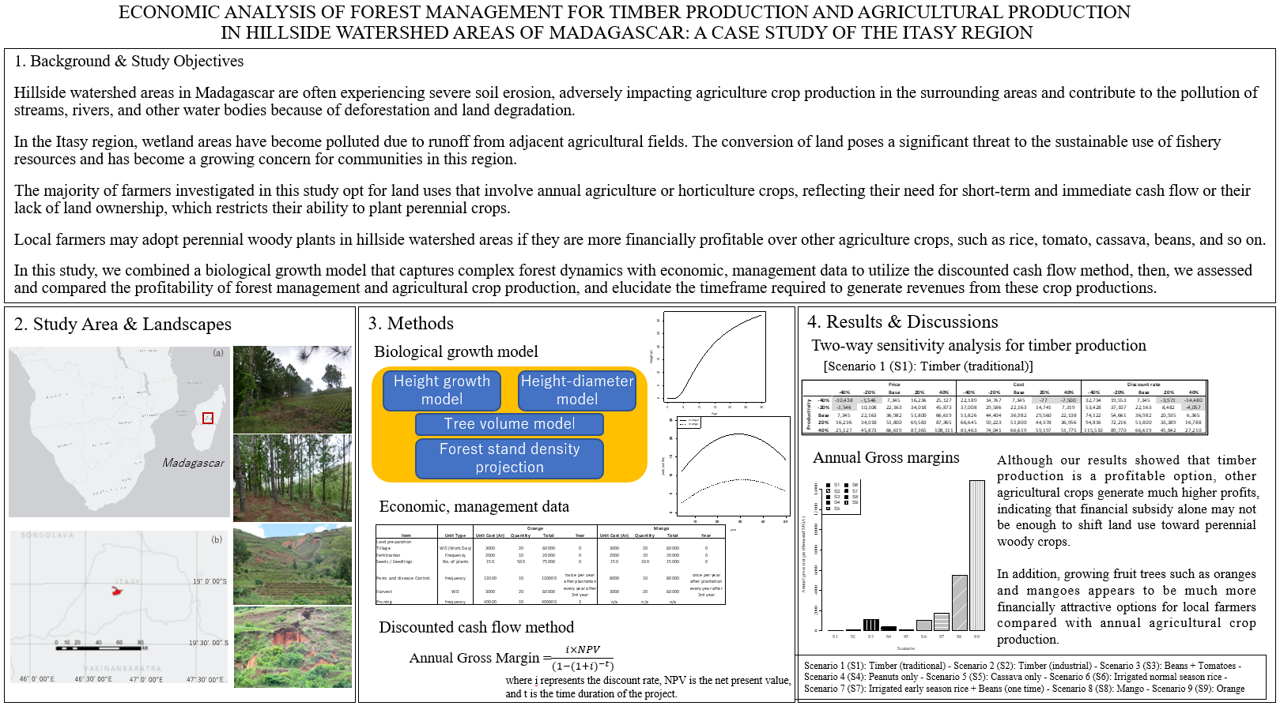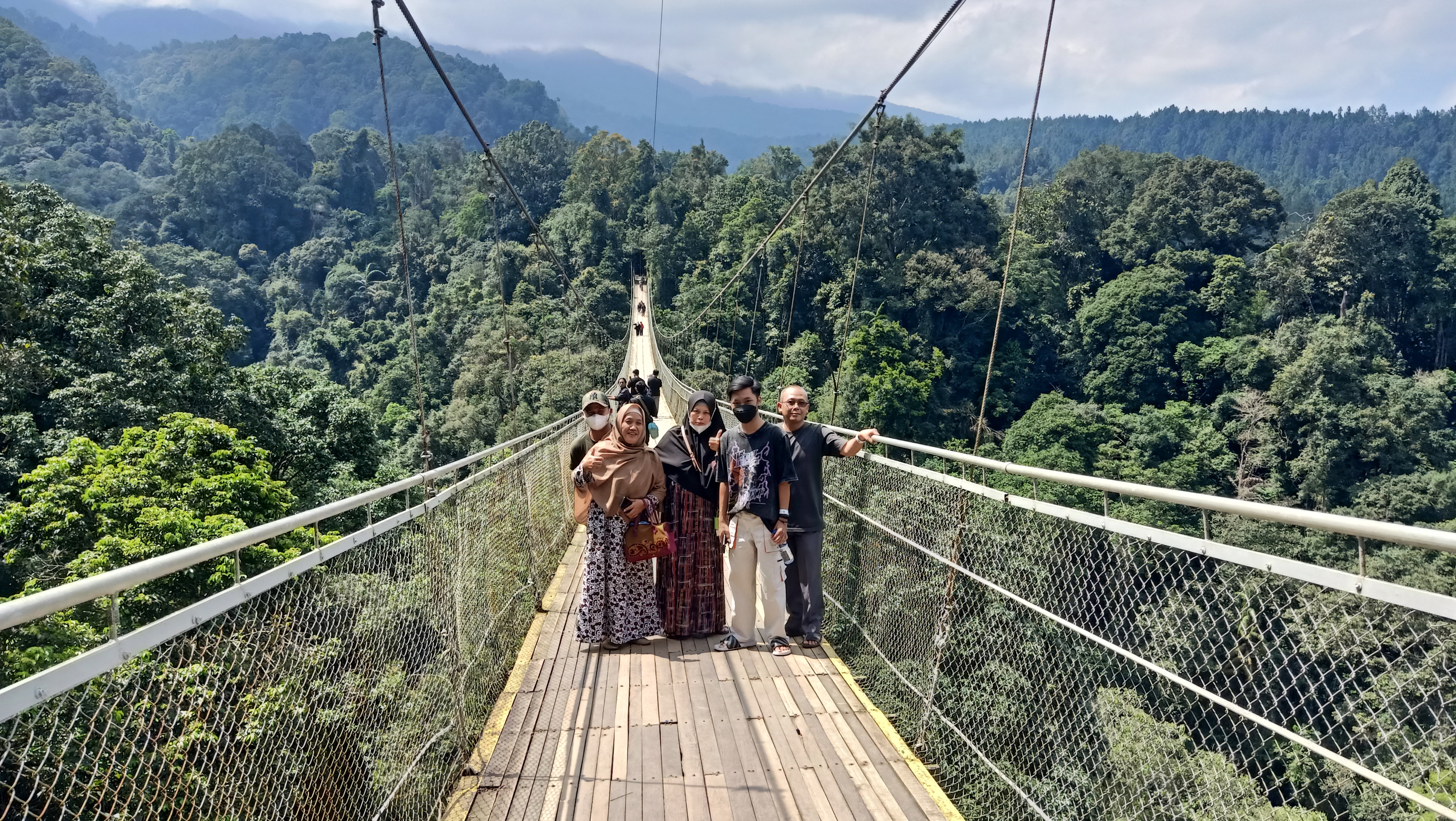An Institutional Model of Transboundary Watershed Management Toward Sustainable Development
Abstract
The objective of this study were to evaluate the institutional of watershed management in border area of Indonesia and Timor-Leste, and to design a model of transboundary watershed management institution for Indonesia and Timor-Leste. Weighting of internal and external factors method was used to evaluate the institutional transboundary watershed management, while analytical hierarchy process was used to compute the institutional model of transboundary watershed management. The internal factors consists of: the commitment of the stakeholder in watershed management, development priorities at border area, the limited institutional cooperation, the land use changes. The external factors are: international environmental agenda on development country, international conferences that supported the countries collaboration toward sustainable development achievement, supporting culture in forest and water resources protection, slash and burn cultivation activities, conflicts, lack of ecological. The result showed that weighting of internal and external factors on quadrant III is alternaltive institutional model of transboundary watershed management. The priority alternatives institutional model and also road map for sustainable development are collaboration agreement of transboundary management, transboundary watershed forum, and autonomous transboundary watershed management. The alternatives institutional has relation with the development phase, condition of local community and environment.
Authors
TaenaW., KolopakingL. M., JuandaB., BarusB., & BoerR. (2016). An Institutional Model of Transboundary Watershed Management Toward Sustainable Development. Jurnal Manajemen Hutan Tropika, 22(1), 35. https://doi.org/10.7226/jtfm.22.1.35

This work is licensed under a Creative Commons Attribution 4.0 International License.
Jurnal Manajemen Hutan Tropika is an open access journal which means that all contents is freely available without charge to the user or his/her institution. Users are allowed to read, download, copy, distribute, print, search, or link to the full texts of the articles in this journal without asking prior permission from the publisher or the author. This is in accordance with the Budapest Open Access Initiative (BOAI) definition of open access.






